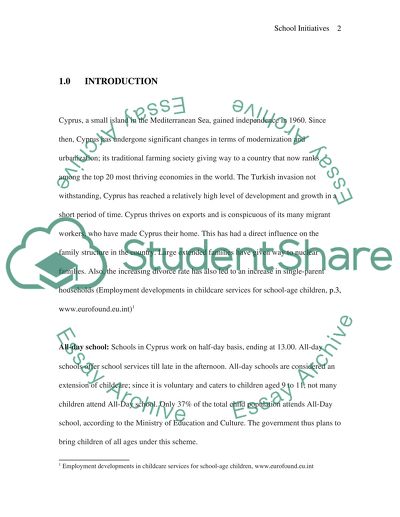Cite this document
(“All-Day School in Cyprus Essay Example | Topics and Well Written Essays - 4750 words”, n.d.)
Retrieved from https://studentshare.org/education/1506390-all-day-school-in-cyprus
Retrieved from https://studentshare.org/education/1506390-all-day-school-in-cyprus
(All-Day School in Cyprus Essay Example | Topics and Well Written Essays - 4750 Words)
https://studentshare.org/education/1506390-all-day-school-in-cyprus.
https://studentshare.org/education/1506390-all-day-school-in-cyprus.
“All-Day School in Cyprus Essay Example | Topics and Well Written Essays - 4750 Words”, n.d. https://studentshare.org/education/1506390-all-day-school-in-cyprus.


